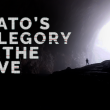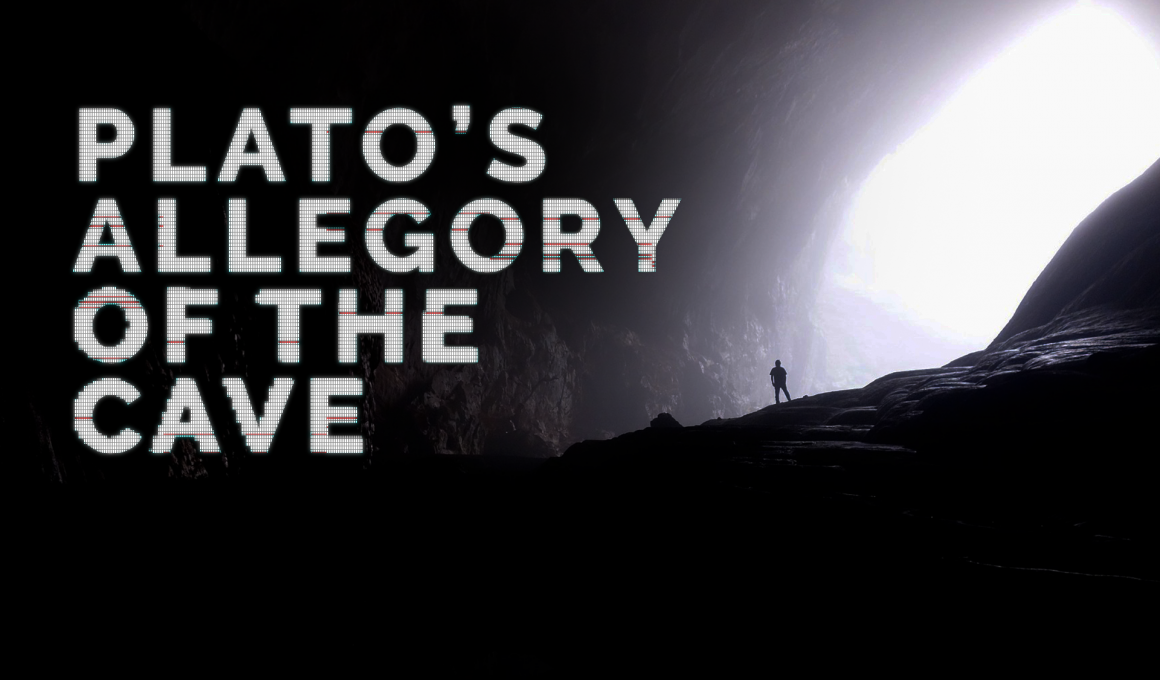In these seemingly unending rampant chaotic times. I’m being reminded of Plato’s ‘Allegory Of The Cave’. So much of what we are witnessing and experiencing at the moment has echos of this powerful tale.
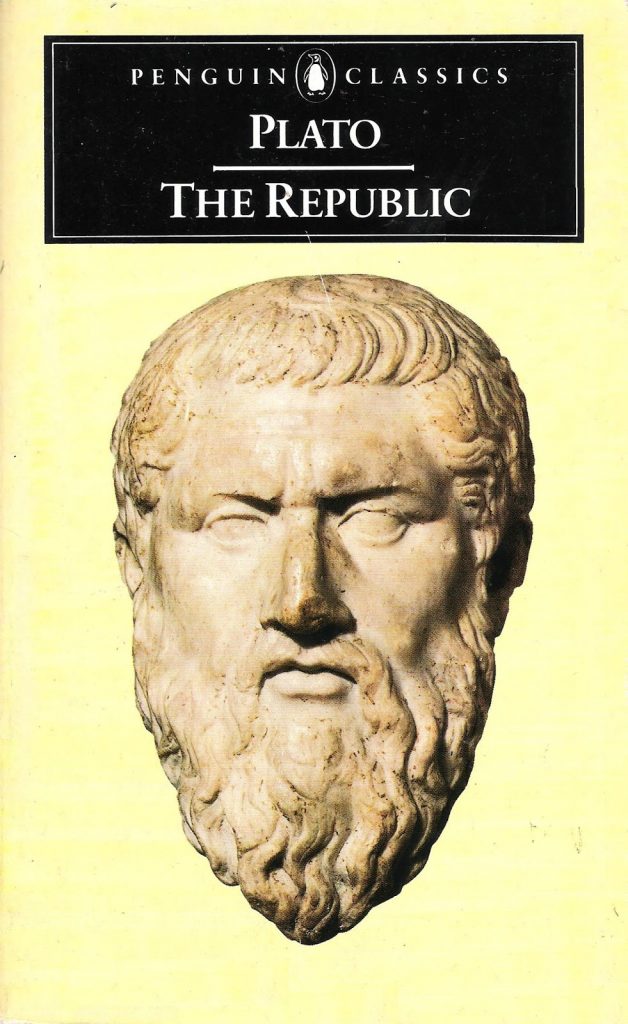
This story originates from Plato’s book Republica (514a – 520) and was written to compare ‘the effect of education and the lack of it on our nature”. The Allegory sets the scene of a group of prisoners who since childhood have been chained to a wall built inside a cave.
Behind the wall, out of sight of the prisoners a flame burns, objects pass in front of the flame, projecting shadows onto the caves surface in front of the prisoners. These shadows make up the entire prisoners, knowledge and reality. They create stories and meaning behind the shadows, taking great pride in their knowledge of the perceived understanding of these shadowy forms.
One day, one of the prisoners is freed, and is able to see behind the wall. The prisoner discovers the flame and objects are the true source to the shadows, he immediately realises the illusion.
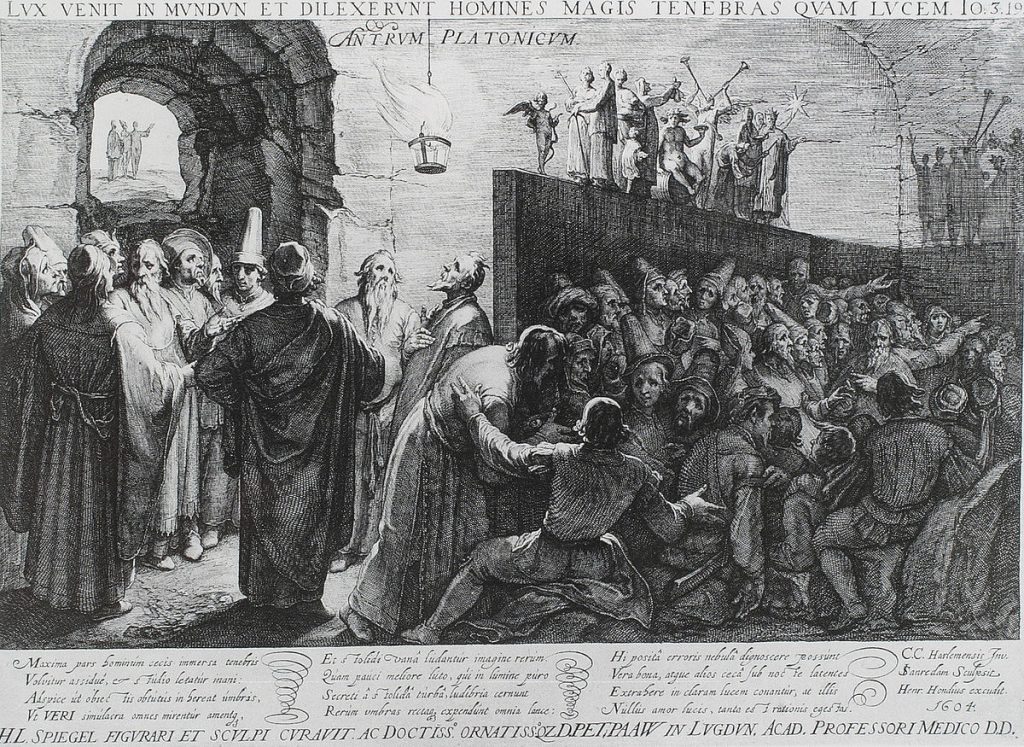
The truth is laid bare to the prisoner, the initial response would be to run back to the cave, returning to the comfort of the previous false reality. But the prisoner journeys on, leaving the cave completely venturing to the surface of the outside world. The light from the sun firstly blinds the prisoner, eventually the exterior world starts to reveal itself. The prisoner sees the sun, stars, water, and animals.

The freed prisoner realises the superior nature of the outside world compared to the cave. The prisoner decides to return to the cave, and communicate to the dwellers, the true reality of the shadows, and the world beyond.
Upon returning, the prisoner is blinded by the dark, his eyes struggle to adjust to the lack of light. Because of his blindness, the other prisoners assumed he had been harmed by the experience, they are vehemently against the idea of leaving the cave.
The stories they are told, the other prisoners have no reference for. Feeling triggered and threatened by the information, eventually the cave dwellers consider the freed prisoner to be a threat, and plot to kill him.
There are many levels of understanding and enlightenment found within this story. Plato considered the philosopher, to be the freed prisoner. He was adamant that philosophy guides people with their lives, acting as therapy for the soul.
We all experience these projected shadows. Fame, money, wealth are all phantom shadows projected within our minds, in reality they are mere illusions from society, hollow concepts, masking the true nature of existence.
The flame and the projected objects can be seen as representations of modern mass media through a television or monitor screen, projecting a hyperreality to it’s viewers.
Finally once the prisoner is outside, he realises the sun is the truth, the source of all creation, it’s god, knowledge and understanding. The cave represents the dark, ignorance, the unknowing.
The allegory explains the pursuit of knowledge is an uncomfortable painful process. Education in essence isn’t easy. This is represented by the physical discomfort of the prisoners eyes to the light and eventual angry dismissal by the cave dwellers to the freed prisoners experiences.
Plato was well aware of the danger of new controversial information to the masses, after Socrates was convicted of corrupting the youth.

We are all to an extent trapped within our own cave like prisons of perception, some more than others. Society suffers a perpetual issue of the demonisation of people with different ideas, perspectives or areas of enlightenment. It goes against the grain of peoples and societies dogmatically held beliefs.
The majority of you will be aware that the word Conspiracy Theorist was perpetuated by the CIA shortly after the murder of JFK, in order to control the narrative and demonise researching and presenting different ideas compared to the official narrative. This approach to society and control has been hugely successful. It has previously been so easy to silence and shame individuals with those simple two words.
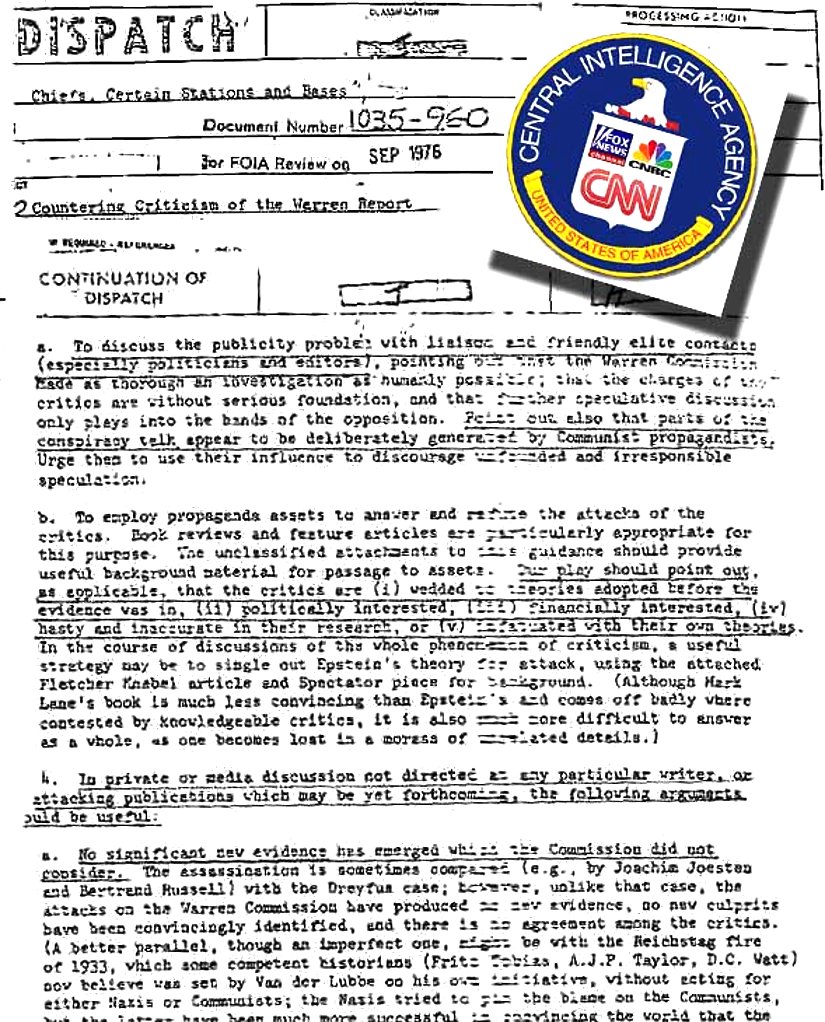
Philosophy is the discussion of ideas and testing the boundaries of ones reality, this is something that researchers and individuals within the conspiracy arena are attempting everyday. Indeed my own belief system is constantly evolving. To be flexible with your beliefs, open to new ideas, is a freeing fascinating place to inhabit. Alas this state is readily discouraged and demonised by mainstream thinking.
But finally who knows how deep the rabbit hole goes, we all to some degree hang onto concepts or reality for comfort and making sense of life and the world, but its important to be mindful and honest about it, and also in these divisive times not ridicule those you may disagree with.
To conclude, now more than ever current global events starkly highlight the ‘Allegory of the caves’ profound message and guidance.
By Simon Hannabuss
